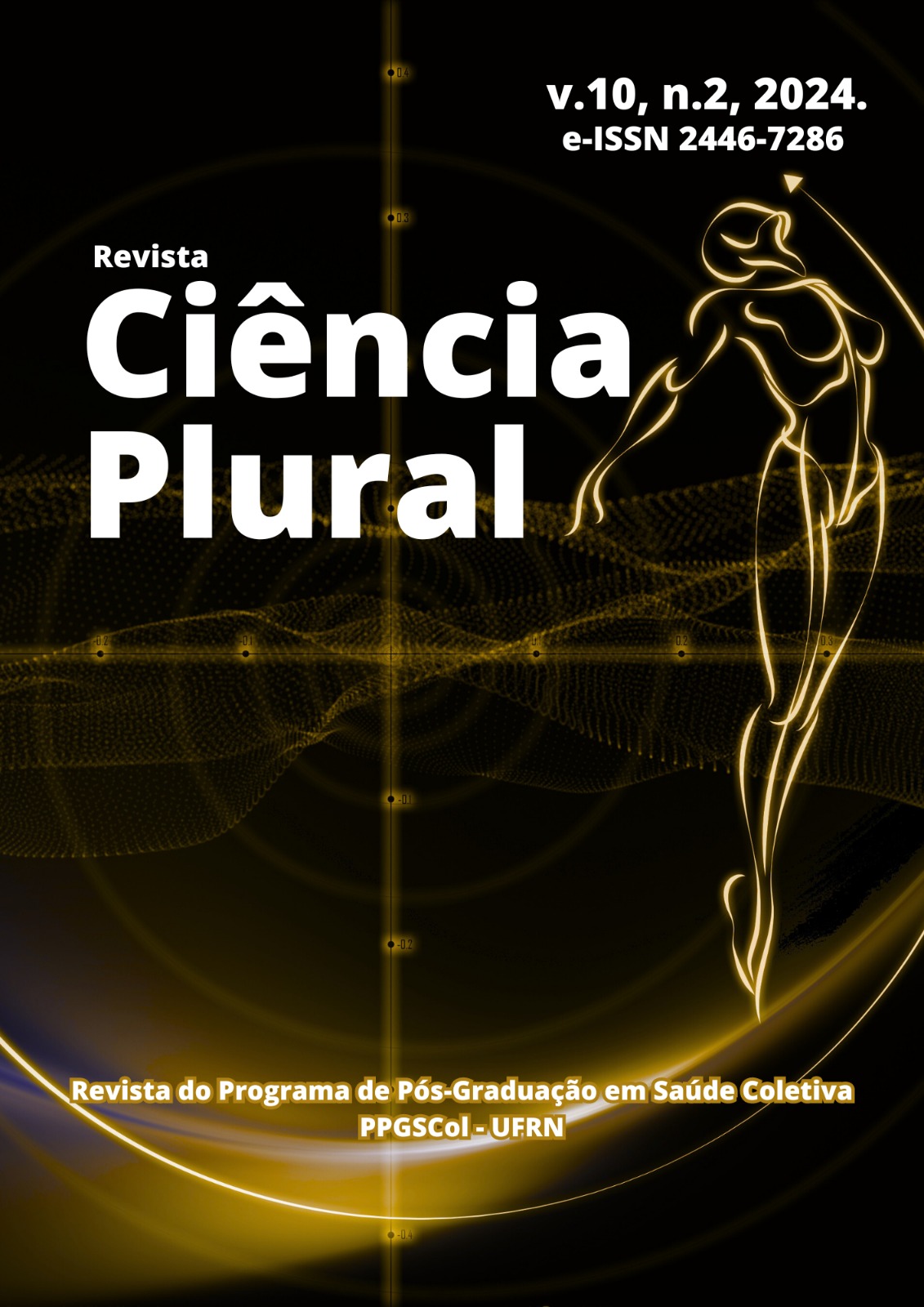Emotions and strategies adopted by Brazilians and Portuguese during the Covid-19 pandemic
DOI:
https://doi.org/10.21680/2446-7286.2024v10n2ID35958Abstract
Introduction: At the end of 2019, a new coronavirus with a high rate of transmissibility was identified. In March 2020, the World Health Organization declared the Covid-19 pandemic. The pandemic situation has had an impact on people's lives, families, and society. People have had to adapt to the new reality. In this pandemic context, people have expressed different emotions and feelings due to the new social reality they have experienced and have created strategies to deal with the situation. Objective: To identify and describe the main emotions and feelings experienced by Brazilians and Portuguese, as well as the creation of strategies to adapt to the situation during the Covid-19 pandemic lockdown period. Methodology: This study is part of a larger survey, carried out using a sociodemographic questionnaire with open and closed questions, carried out on Google Forms, applied online in May 2020, which questioned the emotions and feelings experienced in relation to the pandemic situation and the strategies created. The sample consisted of 438 participants, 181 Portuguese and 257 Brazilians of both genders who, after being informed and giving their consent, agreed to take part in the survey. The data was analysed using descriptive statistics and discourse analysis. Results: It was found that in both countries, the most expressed emotions were fear and sadness. Hopelessness was more important among Brazilians than Portuguese. Most of the strategies used were establishing a timetable and physical exercise. Conclusions: This study contributed to understanding the emotions and feelings experienced, as well as the establishment of strategies, by Brazilians and Portuguese during the Covid-19 pandemic.
Downloads
Downloads
Published
How to Cite
Issue
Section
License
Copyright (c) 2024 Revista Ciência Plural

This work is licensed under a Creative Commons Attribution-NonCommercial-ShareAlike 4.0 International License.
À Revista Ciência Plural ficam reservados os direitos autorais referente a todos os artigos publicados.

 Português (Brasil)
Português (Brasil) English
English Español (España)
Español (España)










2.png)
